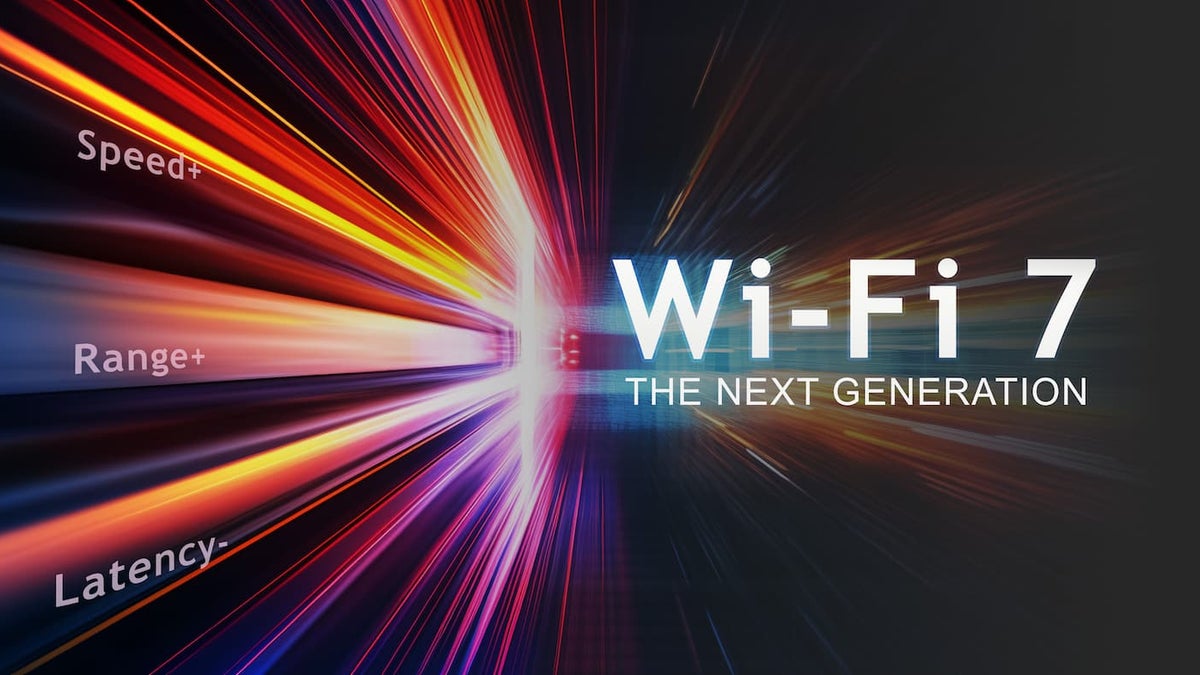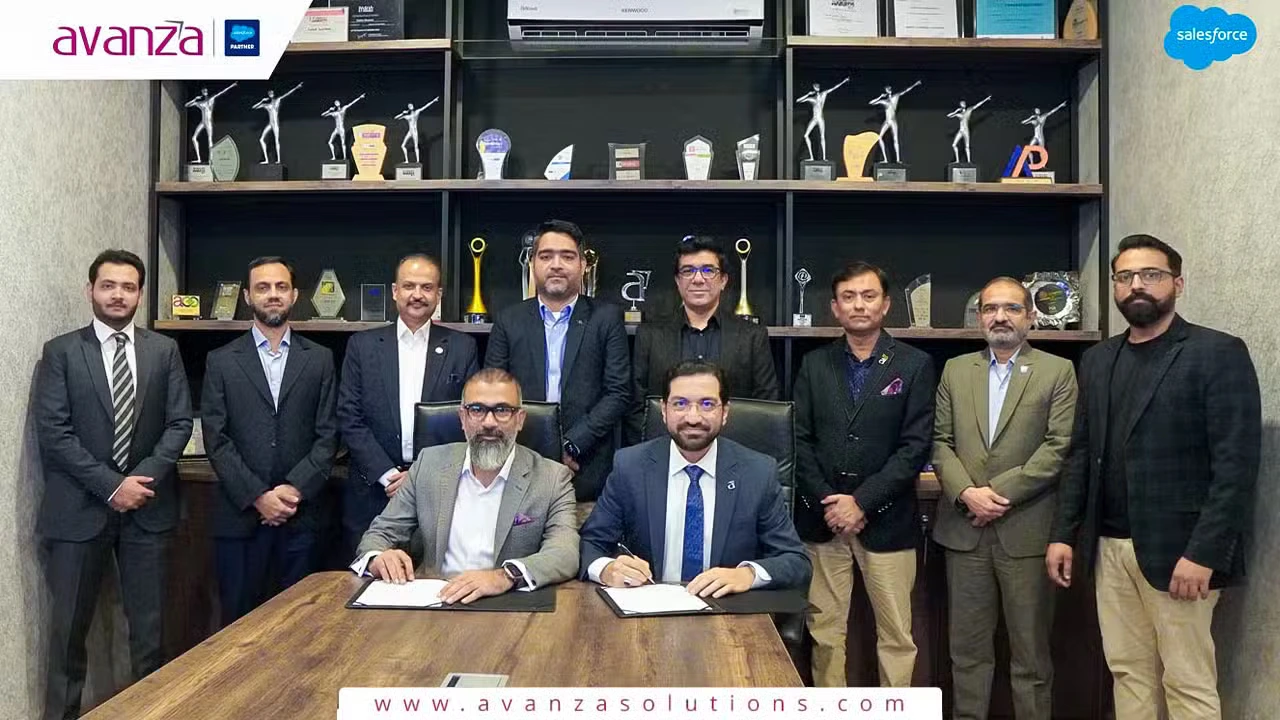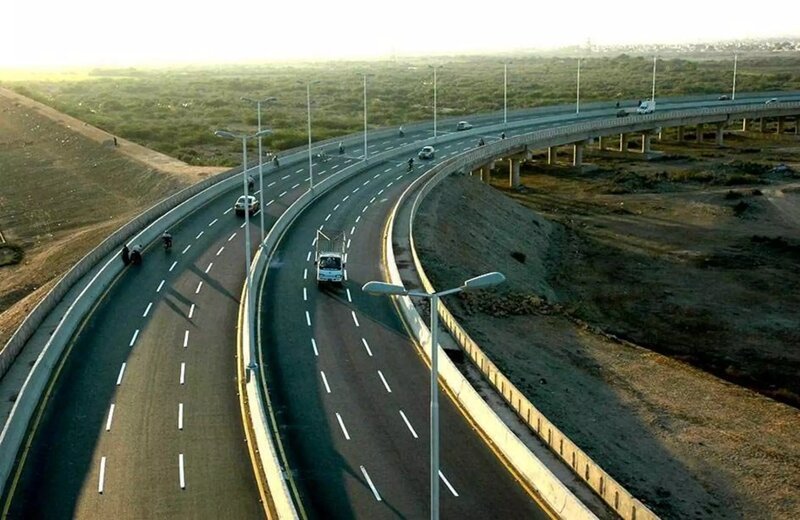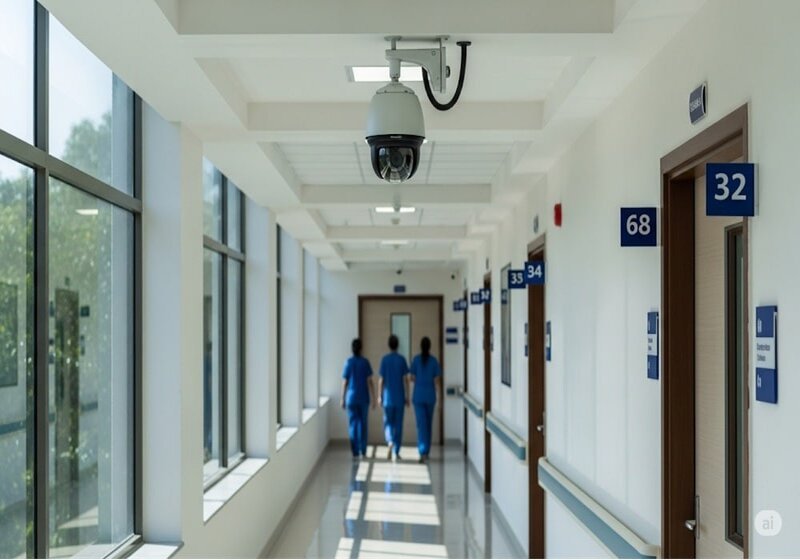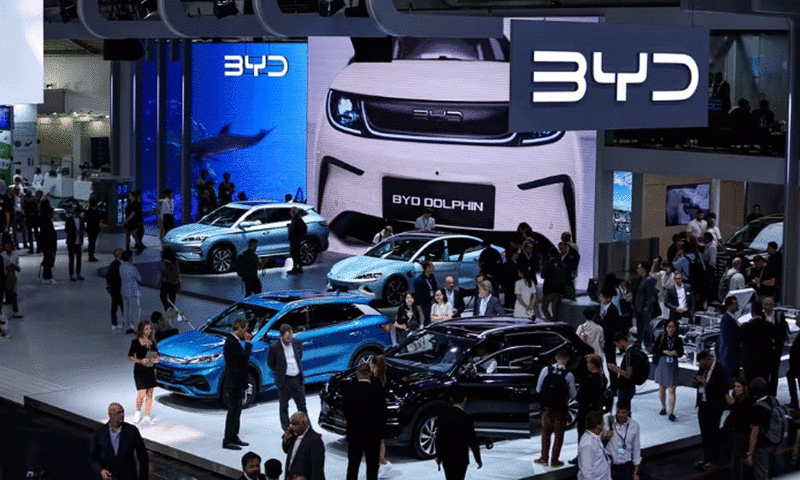The Pakistan Telecommunication Authority (PTA) has officially approved the adoption of Wi-Fi 7, along with future Wi-Fi generations, for use within the 6 GHz band (5925–6425 MHz). In its statement, the regulator explained that the decision follows the technical framework earlier introduced for Wi-Fi 6E and represents a significant leap forward in strengthening Pakistan’s digital infrastructure and connectivity landscape.
By authorizing Wi-Fi 7, Pakistan positions itself among the early adopters of this advanced wireless standard in the Asia-Pacific region. Industry experts believe this development will accelerate the country’s digital transformation by delivering unprecedented levels of speed, reliability, and capacity. For consumers and enterprises alike, Wi-Fi 7 is expected to redefine how high-demand applications operate, from ultra-HD 8K video streaming to augmented reality (AR), virtual reality (VR), cloud computing, and industrial automation. The expanded use of the 6 GHz spectrum will also relieve congestion in legacy bands, allowing smoother connectivity in crowded environments such as offices, campuses, and residential areas.
Wi-Fi 7, also known as IEEE 802.11be, is designed to provide multi-gigabit data rates, lower latency, and enhanced network stability. According to technology analysts, these features will make it a cornerstone for supporting smart homes, telemedicine, e-learning, digital campuses, and next-generation smart cities. The PTA underscored that the rollout of Wi-Fi 7 will not only improve user experience but also help lower the overall cost of broadband delivery across the country. This reduction in cost is seen as crucial in expanding internet penetration, particularly for small and medium enterprises (SMEs), healthcare institutions, and underserved communities.
The regulator further emphasized that embracing Wi-Fi 7 aligns with Pakistan’s broader strategy of bridging the digital divide and building a resilient, inclusive digital economy. In its statement, PTA highlighted the importance of fostering innovation, enabling essential services through improved connectivity, and supporting productivity gains in both public and private sectors. The authority also reiterated its commitment to creating forward-looking policies and regulatory frameworks that encourage the adoption of advanced technologies and sustain the momentum of the country’s digital growth in the coming decade.
With this milestone, Pakistan has taken a decisive step toward future-proofing its digital ecosystem. As Wi-Fi 7 gradually rolls out across the nation, it is expected to reshape how citizens, businesses, and institutions access and use the internet, driving the country further into the era of high-speed, globally competitive digital transformation.

